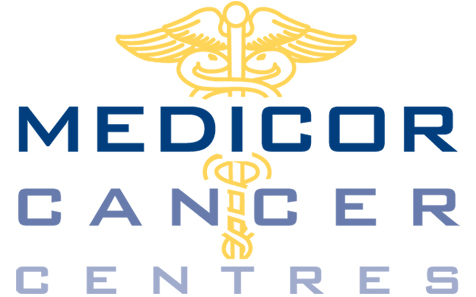Updated Jun 30, 2022
WHAT IS LDN?
LDN = low dose naltrexone. Naltrexone is a drug that was originally used to block the effects of opiate pain medications such as morphine, heroin, codeine etc. A physician Dr. Bernard Bihari discovered the low doses of naltrexone could treat HIV and cancer with minimal side effects. Dr. Burt Berkson showed the LDN could even treat aggressive advanced stage cancers such as pancreatic.
HOW DOES LDN WORK?
Naltrexone blocks the effects of natural opiates in the body (called endorphins and enkephalins). High doses of naltrexone continuously block the action of opiates. Low doses of naltrexone block opiates for a short time. This fools the body into sensing a deficiency of natural opiates. The body responds with an increase in opiate production. By the time this happens, the low dose of naltrexone wears off. One of the natural opiates (called OGF or opioid growth factor or met-enkephalin) has proven immune modulating properties and anti-cancer properties.
WHAT ARE THE COMMON SIDE EFFECTS OF LDN?
LDN side effects are generally very mild or non-existent. With bedtime dosing the main side effects can be insomnia and vivid dreams. With morning dosing the side effects are virtually zero. If LDN is mistakenly given to someone taking opiate pain medication, it could prevent the pain medication from working, or it could cause opiate withdrawal (vomiting, sweating, pain etc).
HOW FAST DOES LDN WORK?
LDN typically takes several weeks to months to begin working and requires about 3 months of therapy to properly evaluate. Slow growing cancers may require up to 6 months to evaluate.
HOW IS LDN ADMINISTERED?
LDN comes in oral capsules. LDN oral liquid can be custom compounded and prescribed by Medicor staff. LDN oral liquid can also be given through a G-tube or J-tube). Typical LDN protocols at Medicor involve daily oral dosing at bedtime, and sometimes daily morning dosing.
EXAMPLES OF SUPPORTING RESEARCH
Remission of tongue cancer with LDN: https://pubmed.ncbi.nlm.nih.gov/25284545/
Remission of pancreatic cancer with LDN: https://pubmed.ncbi.nlm.nih.gov/20042414/

